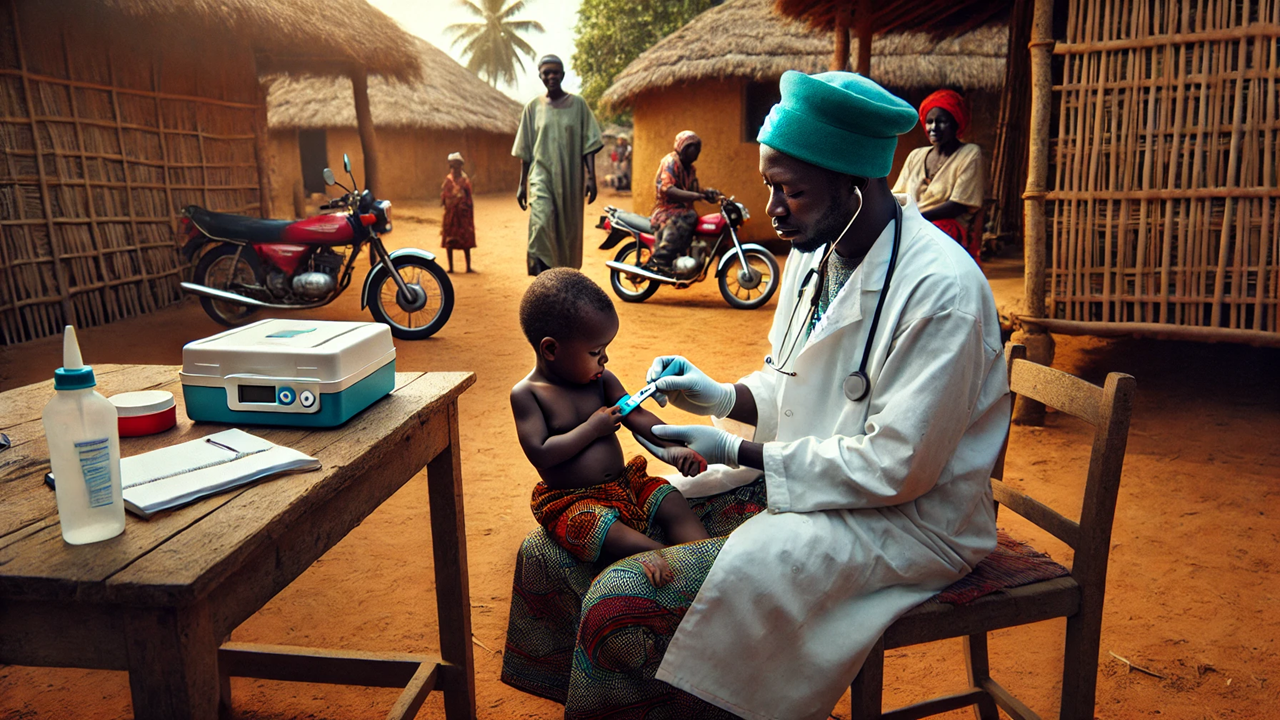Kenya Expands Taifa Care Program, Collaborates with Faith-Based Healthcare Stakeholders
Nationwide Access through SHA15.2 million Kenyans are now registered under Taifa Care, marking significant strides toward a fully publicly financed primary healthcare system.

- Country:
- Kenya
The Ministry of Health reaffirmed its commitment to providing affordable and quality healthcare for all Kenyans during a meeting with faith-based healthcare stakeholders held at Landmark Plaza on 25th November 2024. Cabinet Secretary for Health, Dr. Deborah M. Barasa, highlighted the progress of the Taifa Care initiative and the roll-out of the Social Health Authority (SHA), key components of Kenya's Universal Health Coverage (UHC) strategy.
Major Developments in Universal Healthcare
Nationwide Access through SHA15.2 million Kenyans are now registered under Taifa Care, marking significant strides toward a fully publicly financed primary healthcare system.
Through SHA, Kenyans can access free primary healthcare services across 8,336 contracted facilities, including:
5,210 government-owned facilities
319 faith-based facilities
2,807 private facilities
Support for Faith-Based Healthcare Providers
Faith-based organizations were recognized for their vital contributions, particularly in rural and underserved areas, where they often provide the only available healthcare services. Dr Barasa assured stakeholders of the Ministry's ongoing support, stating, “The Ministry is committed to ensuring every Kenyan has access to quality and affordable healthcare. Strategic collaborations, such as those with faith-based organizations, are instrumental in this mission.”
To reinforce these partnerships, the Ministry has disbursed KES 938.6 million to faith-based facilities as part of a broader KES 5.05 billion payment to healthcare providers. These funds address financial obligations inherited from the defunct National Health Insurance Fund (NHIF) and support claims from October 2024 onwards.
Strategic Collaboration and Problem-Solving
During the meeting, stakeholders discussed challenges in SHA’s rollout, including delayed payments and resource mobilization for outstanding claims. The Ministry assured participants of its efforts to expedite processes, mobilize additional funds, and enhance operational efficiency in collaboration with SHA leadership.
Dr. Barasa was joined by key figures, including Dr. Patrick Amoth, Director General for Health, and Dr. Mohammed Abdi, Chairperson of SHA, alongside leaders from the Christian Health Association of Kenya (CHAK).
Progress through Legislation
Dr. Barasa highlighted the importance of four new UHC laws, which have been instrumental in shaping Kenya’s healthcare framework. These laws enable partnerships with various healthcare providers and promote equitable access to services for all Kenyans, regardless of income or location.
Vision for the Future
As part of Kenya’s UHC agenda, the Ministry aims to expand access to essential health services, improve resource allocation, and strengthen partnerships with private and faith-based providers. Taifa Care and SHA continue to play pivotal roles in realizing the right to health for every Kenyan, as enshrined in the constitution.
This meeting underscores the Ministry's focus on collaboration, inclusivity, and strategic planning to build a robust, sustainable healthcare system that serves all citizens.
- READ MORE ON:
- Social Health Authority
- Kenya
- Taifa Care Program










